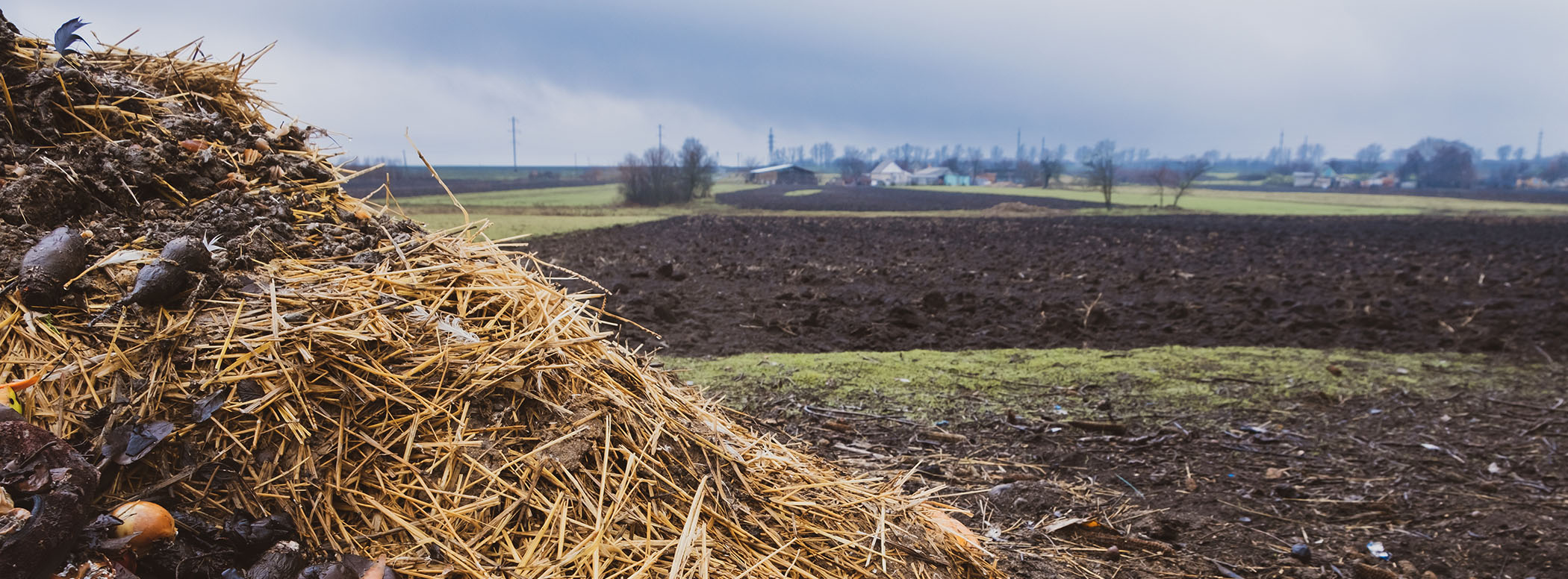
Composting is an important tool for waste management that is both a method to reduce the volume of waste that might otherwise be disposed of in landfills and a way to supplement soil and manage erosion, sedimentation, and stormwater runoff. Municipal waste composting has seen some growth in the past decade, with percent of household composting diverted from total municipal waste increasing from 7% in 2000 to 10% in 2017. However, the U.S. Environmental Protection Agency (U.S. EPA) estimates that 30% of municipal waste has the potential to be composted.
With the potential for further growth in the composting industry, environmental regulations need to be evaluated to ensure that compost sites protect both human health and the environment. In the United States, composting regulations are made on a state-by-state basis and therefore vary widely in detail and requirements. Regulations are often confusing, and composters frequently cite regulations and permitting as a challenge to facilities’ financial viability and opportunities for expansion.
We evaluated the regulations applicable to composters in eight states, including requirements for siting, operation and management, compost quality assurance, stormwater control, and monitoring and reporting. After evaluating these state-level requirements, we combined requirements across states to provide compost facility operators with a site evaluation checklist that provides composters with best practice operational strategies to achieve protection of human health and the environment.